There’s a new generation moving into leadership roles that’s poised to change how things are done in the workplace. You may not hear as much about them as Baby Boomers or millennials, but Generation X is the silent workhorse that makes up over third of the workforce and over half of managers.
So, who is Gen X and what exactly are they bringing to the workforce? Grab your flannel shirt, and let’s find out! The last in our series on the multigenerational workforce, this article explores what makes Gen X tick and how they’re stepping up to lead organizations into the future.
Who are Gen Xers?
Born between the early 1960s and 1980, this cohort came of age and entered the workforce in the shadow of the larger Baby Boomer generation. Now, as they move into management and leadership roles, some might argue that Gen X is the hardest working generation. Either way, they’re ready to put their own stamp on workplace culture.
Growing up as latchkey kids in an era of change, Gen X professionals are more independent and adaptable than previous generations. Gen X entered the workforce during the rise of Silicon Valley and the dot com era, making them comfortable with the pace of technological advancement. For them, adopting new technology feels natural, and they are driving digital transformation across sectors.
When it comes to the workplace, Gen X values authenticity, work-life balance and professional development. They respond better to flexible schedules that allow for caring for aging parents and children and prefer managers that empathize with those priorities.
According to a study by Stanford University, Gen X prefers to work from home 50% of the time, compared to Boomers at 35% and Gen Z at 45%. Make no mistake, Gen Xers are focused on results, they just believe there are many valid ways to achieve success beyond face time at the office.
Having watched their parents climb the corporate ladder, Xers are focused on carving their own path at their own pace. This cohort is extremely hardworking with an innate sense of independence. If you want something done, hand it off to a Gen Xer and let them run with it.
Gen Xers don’t pay much attention to rank and hierarchy. They prefer direct communication and are more likely to casually ping you on Slack than set up a formal meeting. But don’t mistake their informal style for a lack of drive. Generation X is extremely entrepreneurial and forge their own career paths rather than expect opportunities handed to them.
Are Gen X Overlooked at Work?
Gen X may be overlooked in the workplace due to their easy-going approach. In fact, 79% of Gen X says they’re forgotten in the workplace, overshadowed by younger and older workers. It’s hard to blame them, when Gen Xers are promoted at rates 20% to 30% slower than millennials, despite being strong candidates for leadership roles.
As employers have paid a lot of attention to nurturing millennial talent in recent years, Gen X has gone underappreciated for their contributions to the workforce. With Gen X leading the Great Resignation as 37% more left their company in early 2022 compared to the year before, employers should concentrate on retaining and engaging this valuable cohort as they enter the second half of their careers.
Move Over, Boomers: Here Comes Gen X
As Gen X moves into boardrooms and leadership roles, we are starting to see their impact on workplace culture. Transparency and direct communication are in. Bureaucracy and hierarchy are out. Gone are the days of formal business attire and rigid top-down management. Today’s workplaces are more casual, flexible and egalitarian.
Gen X leaders prefer to mentor and develop talent rather than micromanage. They lead by example and earn respect by rolling up their sleeves alongside their employees. Gen Xers believe the best way to achieve success is by empowering their team.
How to Keep Gen Xers Happy in the Workplace
Here’s how to help your Generation X colleagues gain success at work as they move into leadership positions:
- Offer flexibility: Gen Xers appreciate flexibility in their work hours and locations. Consider options like remote work, flexible schedules and job sharing. Plus, autonomy over their time is key. Don’t expect 24/7 availability from Gen X employees. They value their personal responsibilities outside of work and crave work-life balance.
- Provide opportunities for career development: Gen X is highly self-sufficient but still values feeling appreciated. Provide both informal and formal recognition—including promotions and leadership opportunities. Invest in professional training, mentoring programs and clear paths for career progression.
- Limit bureaucracy: Gen X resists rigid corporate structures and prefers collaborating in relaxed settings. Eliminate unnecessary bureaucracy that can hamper productivity and innovation. Empower Gen Xers to accomplish tasks independently. Provide opportunities to work on new initiatives and pilot programs.
The Future of Work with Gen X at the Helm
While perhaps overlooked when sandwiched between two larger generations, they bring a perfect blend of independence and adaptability to evolve workplace culture for the better. Talent leaders should take notice of Gen X’s entrepreneurial spirit and prioritization of work-life balance and career progression.
The skateboards may be gone, but Generation X is still the same pragmatic, diverse and ambitious cohort. Only now they are grown up and calling the shots.

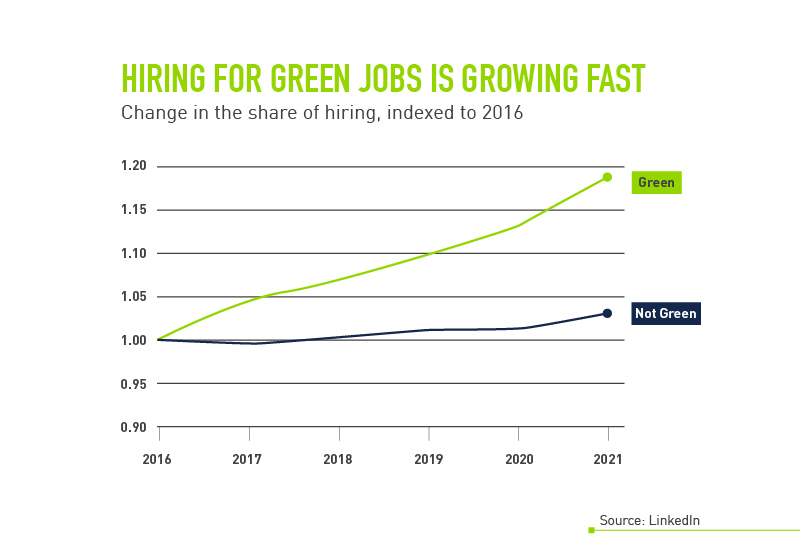
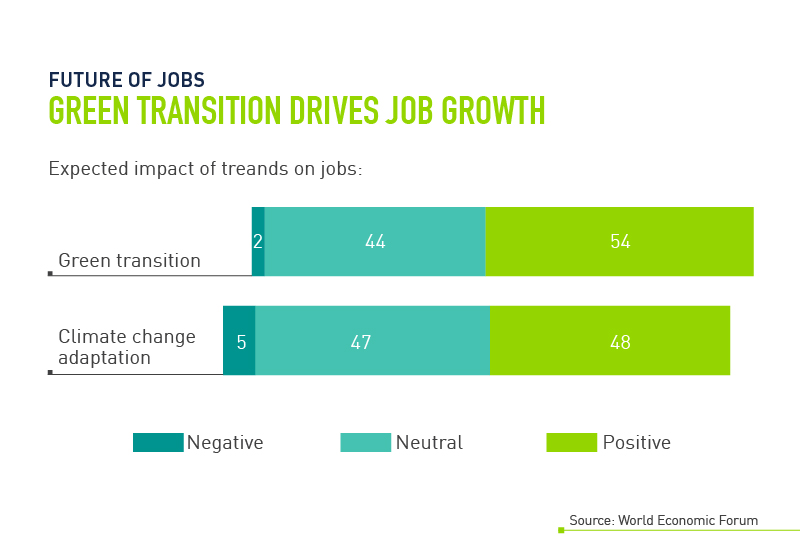
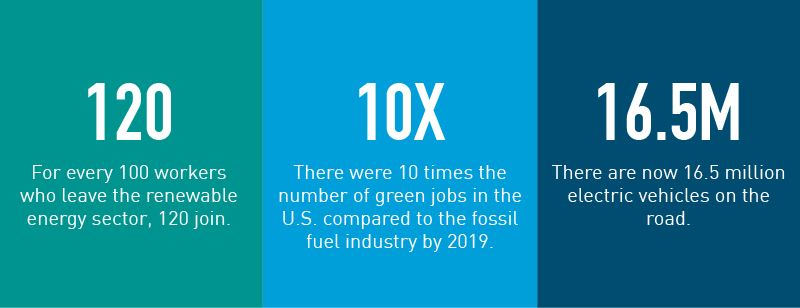
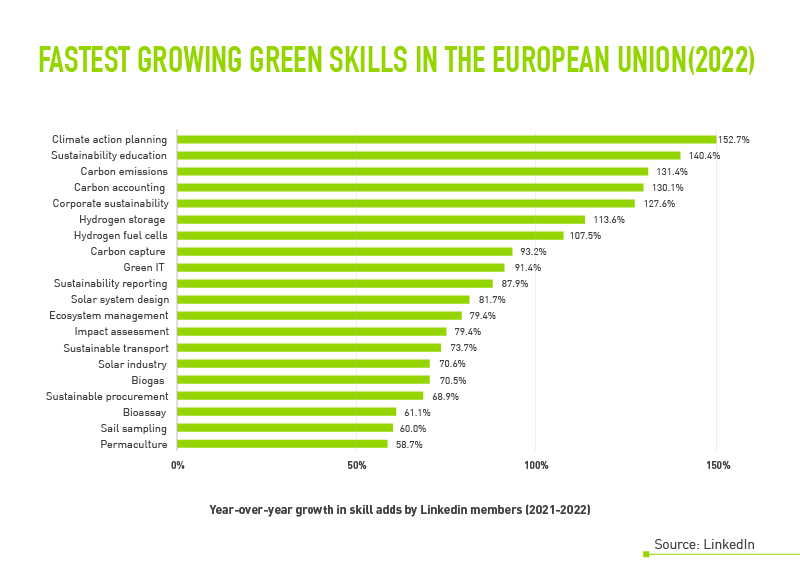
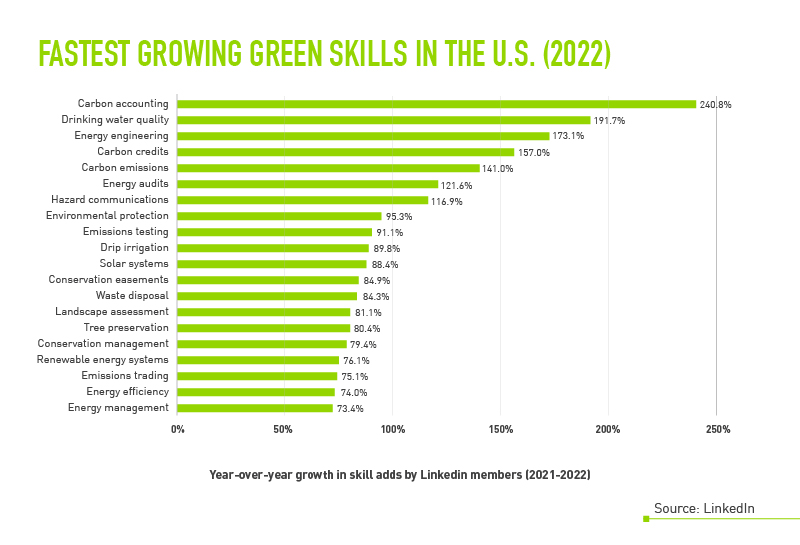
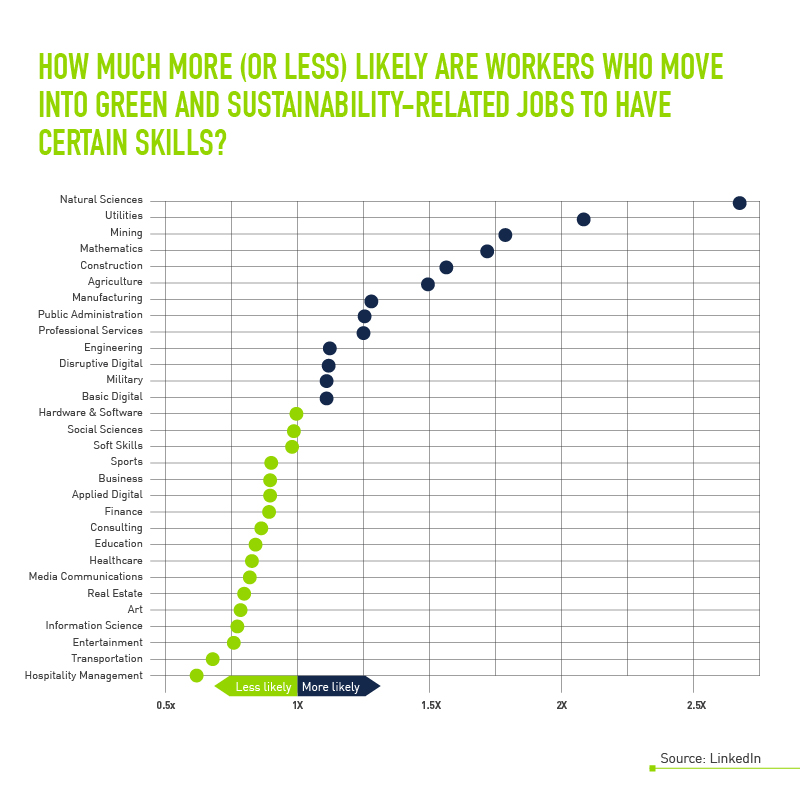


![Through the job market volatility that has defined the hiring market for the past three years, the travel and hospitality industry saw some of the biggest impacts worldwide, and the reverberations and recovery are still shaping the industry years later. Now, people are traveling again, but while many industries have regained the jobs lost in 2020, hospitality lags behind.
Travelers are finally ready to hit the skies, seas and roads for both personal and business travel.
After several years of staying close to home, pent up demand has the travel industry booming. Global travel revenue is expected to triple 2020 levels by 2027. Full recovery of business travel to 2019 spend volumes appears likely by late 2024 or early 2025.i
Travel is more meaningful than it used to be, leading to increased traveler expectations and more challenges for hospitality staff.
46% of people say travel is now more important to them than it was before the pandemic.ii
43% of people are upping their travel budget in 2023.iii
91% of hospitality workers said they have dealt with customers who believed they inherently deserved privileges or special treatment, and 70% have wanted to leave the industry as a result.iv
However, hospitality staffing has not caught up to the renewed demand.
In the U.S. alone, nearly 2 million hospitality jobs remain unfilled, even as hiring slows in other industries.v
In September 2022, 87% of hoteliers reported staffing shortages.vi
In the UK, hospitality job openings are still 74% higher than they were in January and February of 2020.vii
One big reason for that? Millions of hospitality workers fled the industry during the pandemic and recovery.
15.6% of people left their hospitality jobs in March 2020.viii
8.3% of hospitality staff left the sector between August and September 2022.ix
Do you need help hiring hospitality workers? Learn about how you can attract the next generation of workers, build more diverse teams and plan for the future in The Recruitment Handbook for Hospitality and Travel.
[Download your copy now!]](https://www.peoplescout.com/wp-content/uploads/2023/07/PeopleScout-Travel-and-Hospitality-Infographic-01.jpg)